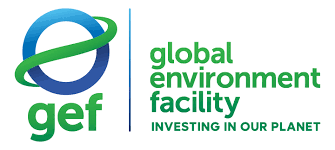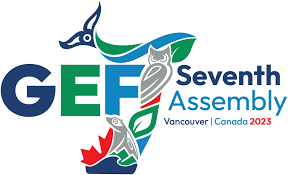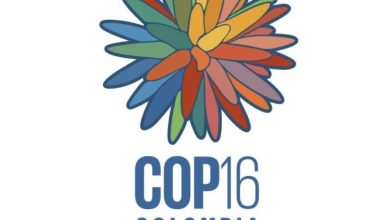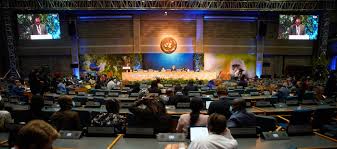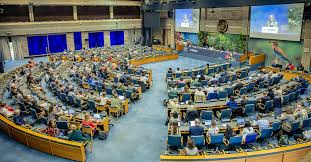Global talks on plastic pollution treaty end without consensus, negotiations resume later

By Samuel Ogunsona
After 10 days of intense negotiations in Geneva, Switzerland, the Intergovernmental Negotiating Committee (INC) meeting aimed at developing a legally binding international instrument on plastic pollution, including in marine environments, concluded early on August 15 without reaching a consensus on the instrument’s text. Irohinoodua monitors the international event.
The committee agreed to reconvene at a future date to be announced.
The INC-5.2 session, held at the Palais des Nations in Geneva, saw over 2,600 participants from 183 countries, including more than 1,400 member delegates and nearly 1,000 observers representing over 400 organizations.
Despite the challenges, member states expressed a clear desire to continue the process, acknowledging the significant differences in views among countries.
Inger Andersen, Executive Director of the UN Environment Programme (UNEP), reflected on the complexities of the negotiations, saying, “This has been a hard-fought 10 days against the backdrop of geopolitical complexities, economic challenges, and multilateral strains. However, one thing remains clear: despite these complexities, all countries clearly want to remain at the table.”
Andersen added, “While we did not land the treaty text we hoped for, we at UNEP will continue the work against plastic pollution – pollution that is in our groundwater, in our soil, in our rivers, in our oceans and yes, in our bodies.”
The goal of INC-5.2 was to agree on the instrument’s text and highlight unresolved issues requiring further preparatory work ahead of a diplomatic conference.
Despite intensive engagement, committee members were unable to reach a consensus on the proposed texts.
INC Chair Ambassador Luis Vayas Valdivieso encouraged delegates not to be discouraged by the outcome, saying, “Failing to reach the goal we set for ourselves may bring sadness, even frustration. Yet it should not lead to discouragement. On the contrary, it should spur us to regain our energy, renew our commitments, and unite our aspirations.”
Valdivieso expressed optimism about the future of the negotiations, stating, “It has not happened yet in Geneva, but I have no doubt that the day will come when the international community will unite its will and join hands to protect our environment and safeguard the health of our people.”
The negotiations followed a structured approach, starting with an opening plenary and transitioning into four contact groups tackling key areas such as plastic design, chemicals of concern, production caps, finance, and compliance.
A Chair’s Text from INC-5.1 in Busan served as the starting point for negotiations at INC-5.2, with the Chair releasing a Draft Text Proposal and a Revised Text Proposal during the session.
The international community remains committed to addressing plastic pollution, and the negotiations will continue at a future date.
The UNEP and member states are determined to find a solution to this pressing environmental issue, which affects not only the health of the planet but also human well-being.

